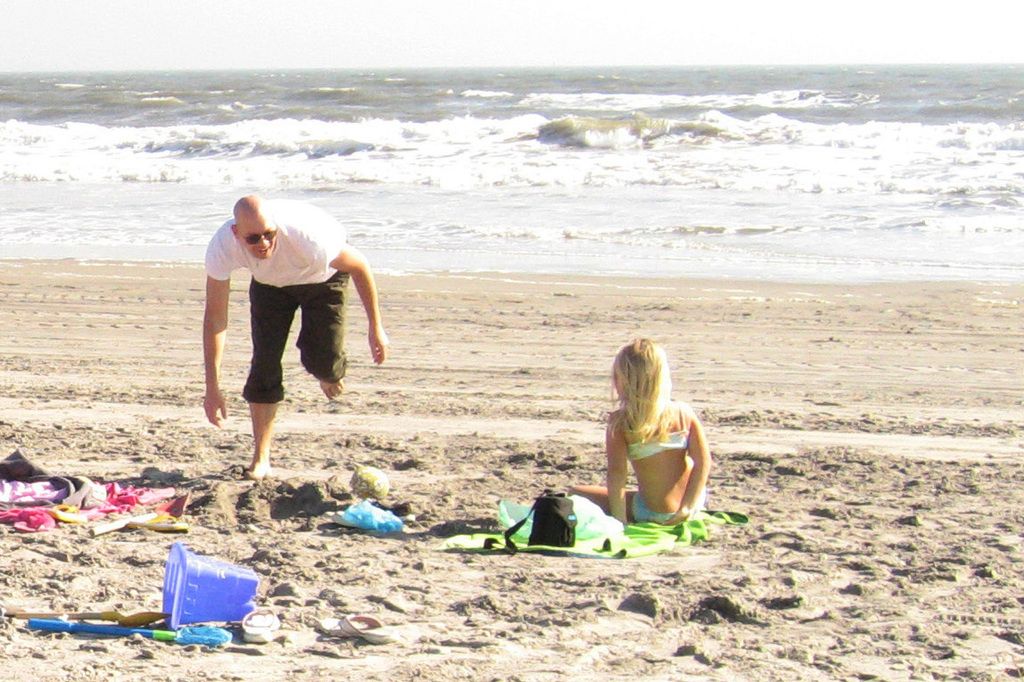Competing Gambling Venues in Hesse, Germany Offering Gambling Services
Article: Gambling Haven in Bad Homburg Shines as Revenues Soar; Wiesbaden Casino Aims to Maintain Classic Games
Historic Casino Bad Homburg marked a record-breaking year in 2024, achieving a gross gaming revenue of €58 million, according to the Süddeutsche Zeitung, citing a press release from the German Press Agency. This success story is attributable to a diverse offering that draws visitors of all ages, and the casino's location in a city popular for its spa culture.
Lutz Schenkel, the casino's manager, shared that the establishment welcomes approximately 650 visitors per weekday and often reaches capacity during weekends. Currently employing around 230 individuals, the casino caters to a wide range of games, including slot machines, roulette, and blackjack, in addition to the historic Brunnensälchen area.
As part of a forthcoming renovation project, Casino Bad Homburg will serve as the primary lessee and financing partner for the renovation of the old spa house in the city. The goal is to rebuild the spa house, demolishing the current outdated structure from the 1980s. The new building will provide additional space for the casino, accommodating around 50 further slot machines, potentially increasing annual revenues by an additional €13 million.
In the 19th century, the casino played a significant role in financing the spa house in Bad Homburg. Now, the circle is about to close with the casino's return to a modern spa house.
Manager Andreas Krautwald of Casino Wiesbaden underscores the strategic decision to maintain classic games, contrasting it with the shift towards pure slot machine gaming observed in many other German casinos. By preserving the traditional casino area in the city known as "Nice of the North," Wiesbaden aims to harmonize the classic gaming experience with contemporary technology, making the establishment competitive in a dynamic market.
Although classic games account for only 10% of Casino Bad Homburg's revenue, slot machines still generate around 90%. Despite its success, the casino remains aware of the issue of gambling addiction, providing informational brochures and preventive conversations for at-risk guests.
In Bad Homburg, visitors can voluntarily ban themselves, and the personal atmosphere within the establishment helps staff recognize potentially dangerous players in a timely manner. Interestingly, casino dealers undergo internal training rather than formal education to develop a sense for the guests. According to Schenkel, online gambling presents greater risks due to the anonymity of the platform, making early intervention more challenging.
While Bad Homburg's casino license remains valid until 2037, the situation in Wiesbaden is pressing with the license set to expire at the end of 2025. The city has commenced the re-tendering process, aiming for completion by summer 2025, ensuring a smooth transition. Potential suitors for the majority shareholder, Jahr + Achterfeld Gesellschaft, include Austrian gambling giant Novomatic. Operating the casino directly remains an option for the city, but it faces challenges such as high startup capital and a lack of expertise.
[Enrichment Data]The German gambling market, both online and land-based, demonstrates strong growth. Online gambling, driven by convenience and innovation, is a significant contributor to this growth. Slot machines, with their accessibility and high turnover, are the core drivers of revenue growth in this domain. In the broader German gambling landscape, market trends favor increased digitalization and mobile gaming, especially for slots. Land-based casinos in Germany, including Casino Bad Homburg and Casino Wiesbaden, tend to generate a significant share of revenue from slot machines compared to classic table games, mirroring global trends. For precise, up-to-date financial data on these casinos, specific internal or regulatory reports would be required.
What is the gambling trend in land-based casinos like Casino Bad Homburg and Casino Wiesbaden in Germany, considering their high revenue from slot machines compared to classic table games?
Despite the success of slot machines, casino personalities recognize the importance of maintaining classic games, as demonstrated by Casino Wiesbaden's decision to preserve traditional gaming experiences amid contemporary technology.
In the future, the renovation project of Casino Bad Homburg's old spa house might further boost its revenues, with the addition of around 50 slot machines, aligning with the gambling-trends favoring increased digitalization and mobile gaming.









